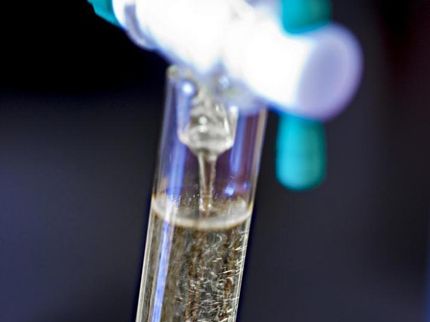Neurochem receives second recommendation from European Data Safety Monitoring Board to continue Phase III for tramiprosate
Advertisement
Neurochem Inc. announced that it has received a second recommendation from the European Data Safety monitoring Board (DSMB) to continue its ongoing European Phase III clinical trial for tramiprosate (ALZHEMED(TM)), Neurochem's investigational product candidate for the treatment of Alzheimer's disease (AD). Neurochem recently completed its North American Phase III clinical trial involving 1,052 patients at 67 sites. For the North American trial, Neurochem received five consecutive recommendations from the North American DSMB to proceed.
Each DSMB is made up of independent clinical experts who monitor and evaluate the safety of patients taking part in the tramiprosate (ALZHEMED(TM)) Phase III clinical trials. In Europe, this second recommendation by the DSMB members was based on their recent review of the available safety data from 491 patients who have been on study medication for an average of 3.6 months.
The North American Phase III clinical trial was a multi-center, randomized, double-blind, placebo-controlled, three-armed and parallel-designed, 18-month Phase III clinical trial. All patients who completed the North American Phase III clinical trial were eligible to receive tramiprosate (ALZHEMED(TM)) in an open-label extension study.
Neurochem is progressing with its 18-month Phase III clinical trial for tramiprosate (ALZHEMED(TM)) in Europe. This trial was initiated in September 2005 and is of a design similar to the North American trial. Some 930 mild-to-moderate AD patients at close to 70 sites across ten countries are expected to take part and enrollment is expected to be completed in early 2007.
Tramiprosate (ALZHEMED(TM)) is a small, orally-administered molecule known as an amyloid ß antagonist, which crosses the blood-brain-barrier, binds to soluble Aß peptide and interferes with the amyloid cascade that is associated with amyloid deposition and the toxic effects of Aß peptide in the brain.















































